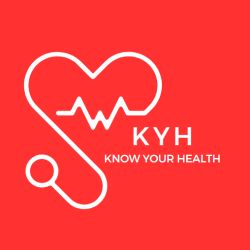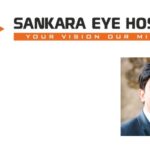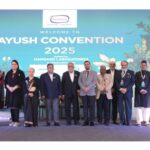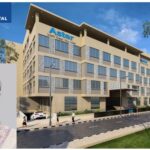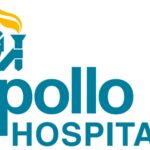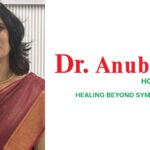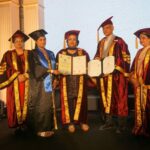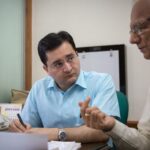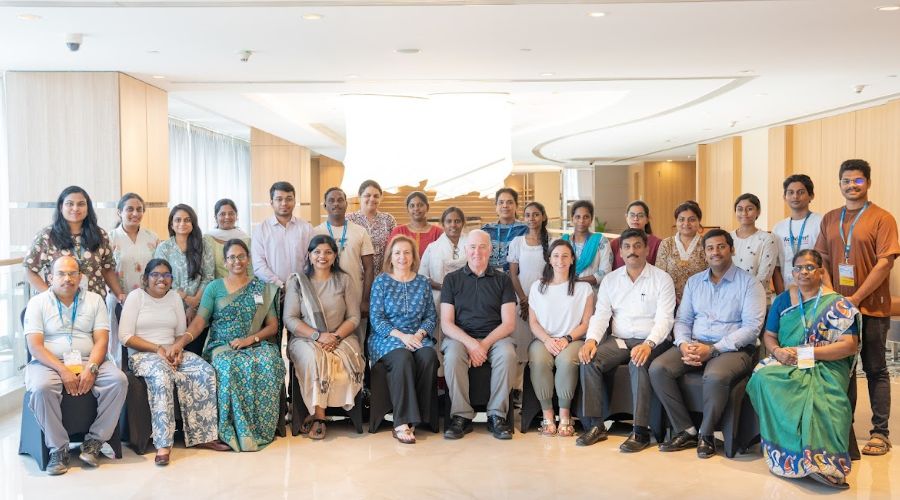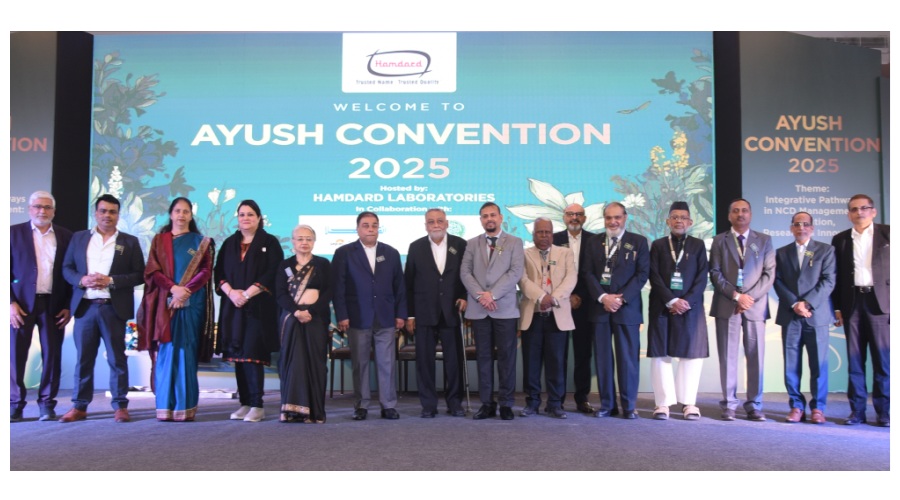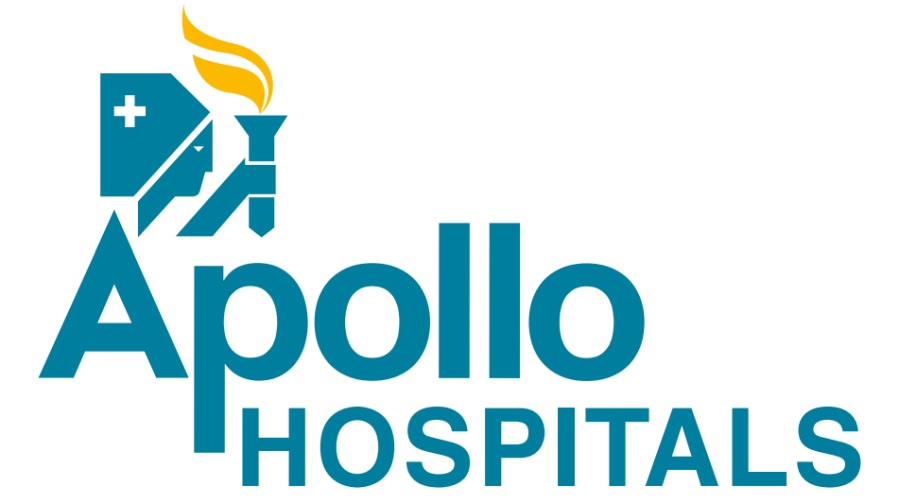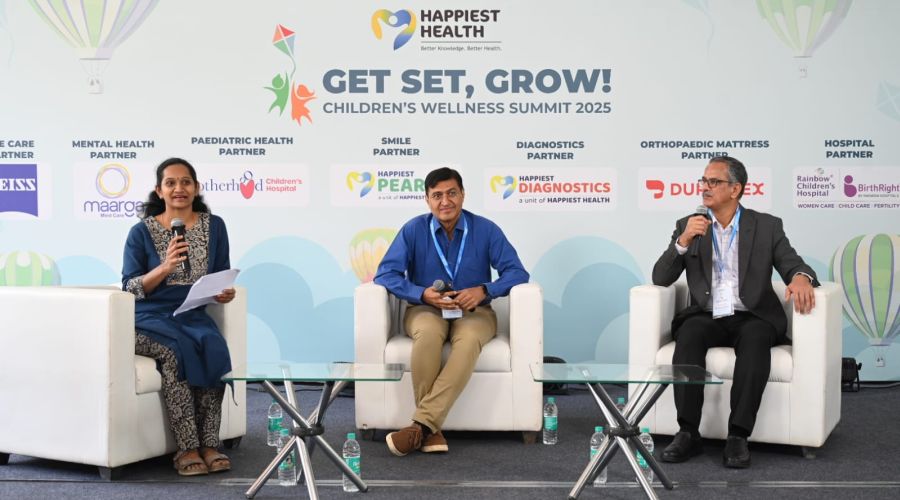In a historic stride for Paediatric rehabilitation in India, Apollo Hospitals, Chennai, successfully hosted the first-ever International Neuro-Developmental Treatment (NDT) Certification Course in South India. Supported by Apollo Children’s Hospital under the NeuroSculpt initiative, this globally recognised hands-on training was led by world renowned international therapist Ms. Suzanne Bombria. It brought together top neurodevelopmental experts to train professionals in the latest approaches in the management of Cerebral Palsy and Neuromuscular Disorders.
The 45-day program trained 19 therapists, including one from Malaysia, and was attended by Paediatric physiotherapists, occupational therapists, and speech-language pathologists across India. Under Ms. Bombria’s mentorship, the training focused on advanced, evidence-based approaches rooted in neuroplasticity and goal-oriented therapy planning.
Dr. Prathap C. Reddy, Founder-Chairman of the Apollo Hospitals Group, said, “Apollo was founded on a simple belief — that the most advanced medical treatments available in the West should be accessible to every Indian. Four decades on, that founding vision continues to guide us as we hosted South India’s first International Certification Program in Paediatric Neurodevelopmental Therapy. This programme brings the latest advancements and therapeutic care closer to home — offering hope to countless families who may not have the means to seek frequent treatment abroad.”
Dr. Preetha Reddy, Executive Vice Chairperson of Apollo Hospitals Group, said, “Hosting South India’s first International Certification Program in Paediatric Neurodevelopmental Therapy at Apollo Children’s Hospitals represented a transformative moment for paediatric rehabilitation in the country. By integrating the most advanced, evidence-based approaches into our care framework, we are empowering therapists to intervene earlier, more effectively, and with greater empathy. Equally vital, we are equipping families with the knowledge and tools to become active partners in their child’s journey. In an era where medical science and neuroplasticity are reshaping possibilities, this programme stands as a testament to what can be achieved when global expertise is matched by deep-rooted commitment. I am deeply grateful to our exceptional teams, international faculty, and every caregiver who shares our belief in a future of limitless potential for every child.”
Dr. Deepthi Morais, Coordinator, NeuroSculpt, and Consultant Paediatric Anaesthesiologist, Apollo Children’s Hospital, Having this globally acclaimed course conducted live in Chennai is a historic moment. I have been taking my daughter to the US for therapy for four months every year over the past ten years — and that experience sparked the idea of making such facilities available here in India. The aim was to ensure that these services are accessible to all children, because rehabilitation not only helps the child, but also supports the entire family — physically and emotionally. When I shared this idea with our Chairman, he readily supported the venture. Today, we have a program delivered with state-of-the-art facilities and a deep commitment to care.”
As part of the training, 21 children with cerebral palsy from partner NGOs Vidyasagar and The Spastics Society of Tamil Nadu (SPASTN) participated in intensive therapy sessions. Each child was paired with two therapists, and individualised goals were set in collaboration with families. Most children not only met but exceeded their therapy goals during this period. One remarkable case involved a 9-year-old child who suffering from hemiplegia, following a fall from height at the age of 18 months.The child was with therapy but did not show any improvement. After just three sessions of intensive NDT, the child initiated purposeful movements on the affected side- a breakthrough testament to the program’s impact.
In parallel, NeuroSculpt: Beyond Limits, a caregiver education initiative, was conducted to provide training and support to parents and caregivers of differently abled children. Topics ranged from understanding the diagnosis of cerebral palsy, proper positioning for muscle engagement, neuroplasticity, nutrition, and dental hygiene, to empowering families with tools for continued progress at home.
